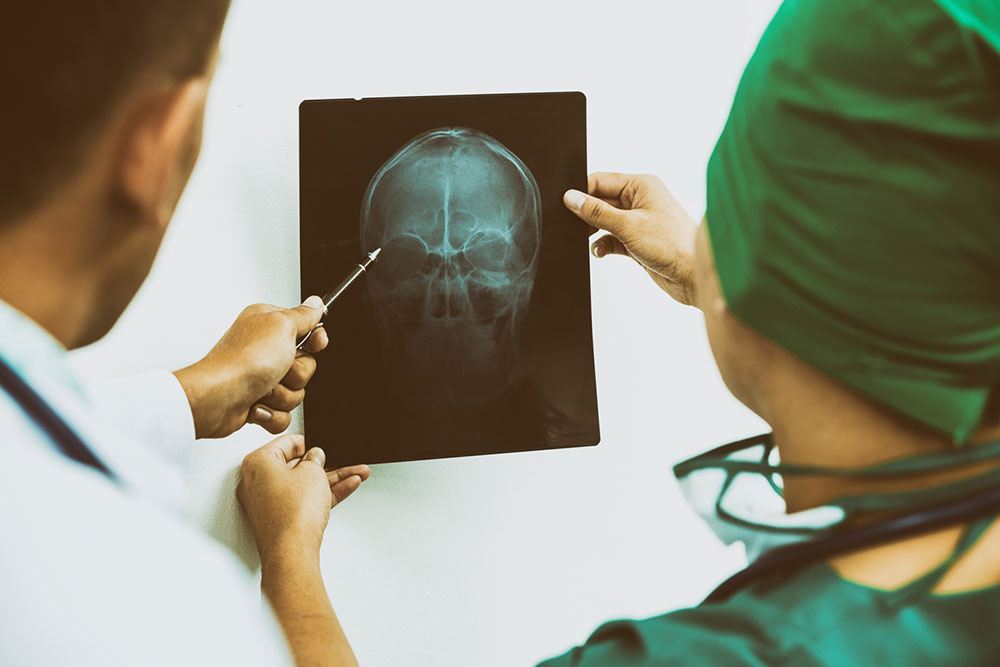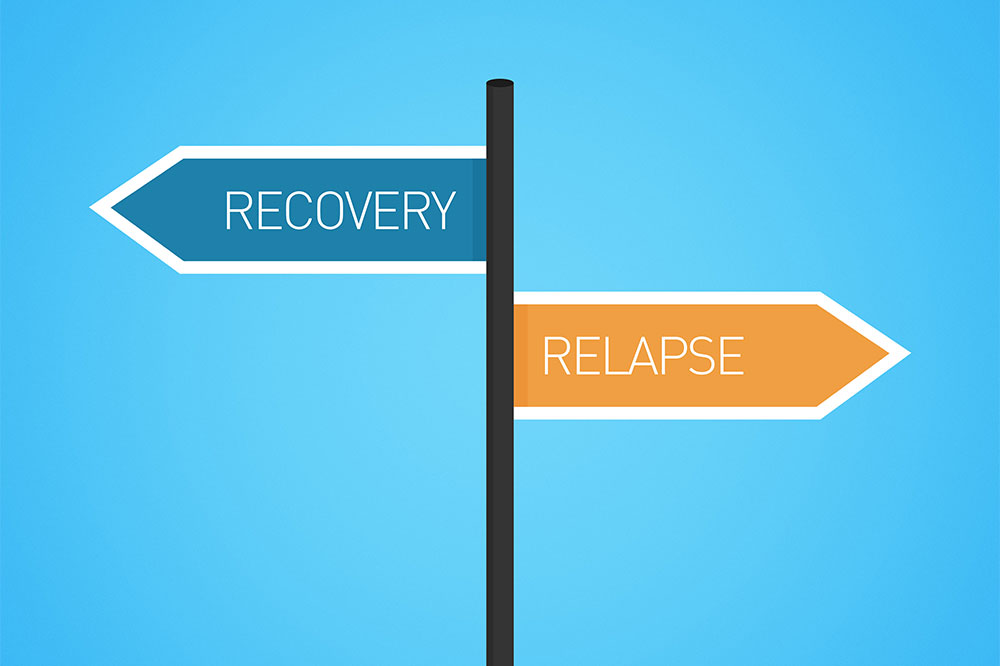Essential Strategies to Maintain Sobriety in Mild Substance Dependence
Discover practical strategies to maintain sobriety with mild substance dependence. This article offers tips on ongoing treatment, support groups, environment changes, and managing stress to prevent relapse. Learn how to sustain recovery through medication adherence, therapy, and healthy activities, ensuring a successful and lasting journey to sobriety.

Effective Strategies to Sustain Recovery from Mild Substance Dependence
While some individuals undergo rehabilitation and addiction support programs, it doesn't mean they are free from needing help. Early intervention, such as outpatient rehab, can prevent mild addiction from escalating. Incorporating therapy and medication can support ongoing recovery, enabling individuals to lead normal lives without reliance on substances.
Consistent treatment is crucial for long-term sobriety. Therapists assist in identifying triggers and vulnerabilities and teach coping mechanisms. Support groups like Narcotics Anonymous further aid in relapse prevention, emphasizing the importance of environment and social changes to stay clean.
Key tips to avoid relapse include continuing prescribed medications until advised otherwise, attending therapy and support meetings regularly, and managing stress effectively. Any new medications should be discussed with healthcare providers to prevent interactions that could trigger relapse. Non-narcotic pain relief options are available to reduce risk, and engaging in productive activities can prevent boredom, supporting sustained recovery.










